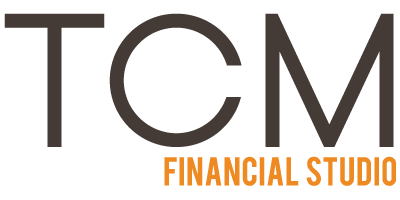RE: Jeff Ehmann
During the financial planning process we sometimes need to bring in specialized advice to answer certain questions that our clients pose.
Chartered Professional Accountant Laurie Rauk completes her genius work in the area of tax planning for individuals and corporations. She is the best fit to answer Jeff’s question and has provided a response below.
Thanks for being a guest on our blog Laurie!
Jeff: I’d like to learn more about using a holding company for investment income, and how to avoid things like capital gains taxes through distribution of income to other shareholders in your hold co – such as your wife and children?

Laurie Rauk CPA, CMA http://raukapalooza.ca
Laurie: Jeff, your question about using holding companies for investment income is a common question from both business owners and investors. Many pages on this topic could be written, referencing many sections of the Canadian Income Tax Act.
I’ll keep my answer to a brief overview of the topic of holding companies and provide a summary of advantages and disadvantages.
How much tax will I save?
One of the main questions on this topic is, will holding my investments inside a holding company (holdco) save tax? Sadly, the short answer is no, it won’t. Investment income earned inside a holdco is taxed at even higher rates than if the investment income were earned directly by an individual.
Some of this tax can be recovered by flowing out the investment income to the shareholders of the holdco via dividends and/or salary. This means that there are no tax deferral advantages to earning interest and capital gains income inside a holdco; to pay the least amount of tax, the investment income needs to flow out to individual shareholders in the year earned.
Holding company advantages & disadvantages
Advantages:
● Where there is an active business operating company (opco), the excess earnings/profits of the opco can be distributed up to the holdco and invested at the holdco level, rather than at the opco level. This can be help with future planning for the opco, ensuring just the business assets are kept at the opco level, making it more attractive to prospective buyers. Investing the opco profits at the holdco level can also protect these assets from opco creditors.
● The holdco can make it possible to defer shareholder income. Dividends paid from opco to holdco aren’t taxable until passed through the holdco to the individual shareholders, allowing for some income deferral and control over when the shareholders of the opco receive income. However, combined corporate and personal tax rates on this income will be higher than if the investment income were earned directly by the individual shareholder.
● With the proper share structure, a holdco can provide income splitting opportunities amongst adult shareholders of the holdco. Note that there are tax rules preventing income splitting with minor shareholders, greatly limiting the ability to split corporate income with minor children of the shareholders.
Disadvantages:
● Gains on qualifying small business shares held directly by individuals can be exempt from tax up to the lifetime capital gains exemption limit ($824,176 in 2016). Holdco shares, because the primary corporate assets are passive investment assets, do not qualify for the lifetime capital gains exemption when sold.
● The cost and administrative burden of setting up and maintaining the holdco needs to be taken into consideration.
● There is the possibility of double taxation upon the death of the shareholder(s) of the holdco. The deceased shareholder will be taxed on the value of the holdco shares held at the time of death, and then the holdco will pay tax on any gains on the underlying investments when they are eventually sold.
As with all taxation matters, this brief summary cannot not be relied upon as tax advice. Individual circumstances can vary greatly and I strongly recommended that proper direction from a qualified professional is obtained before proceeding with any plans or strategies.
-Laurie Rauk


